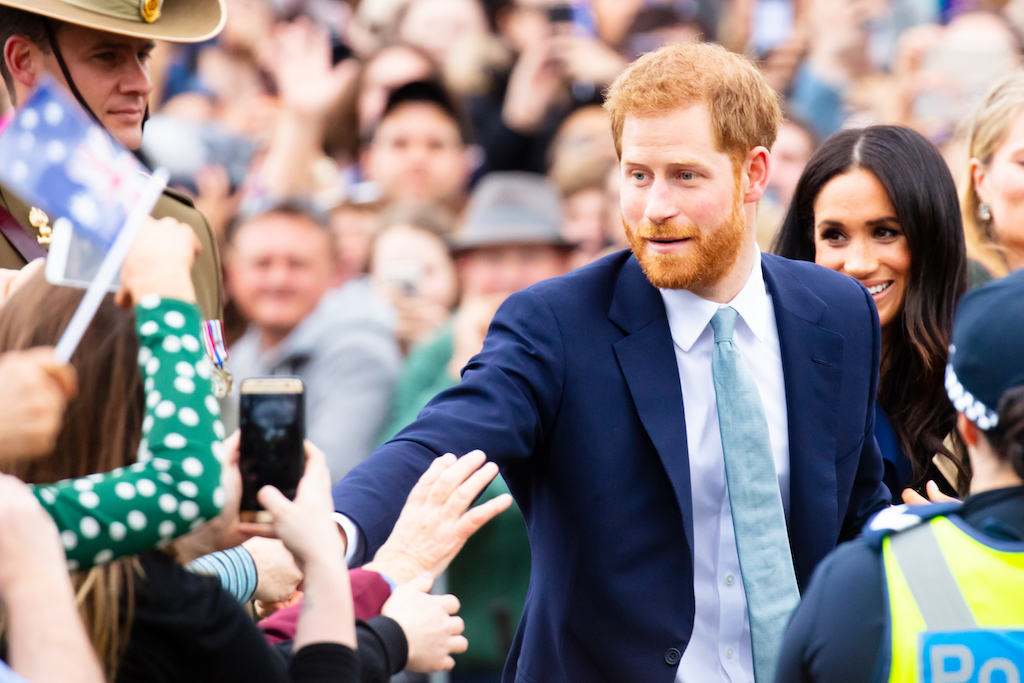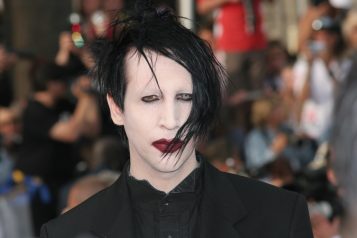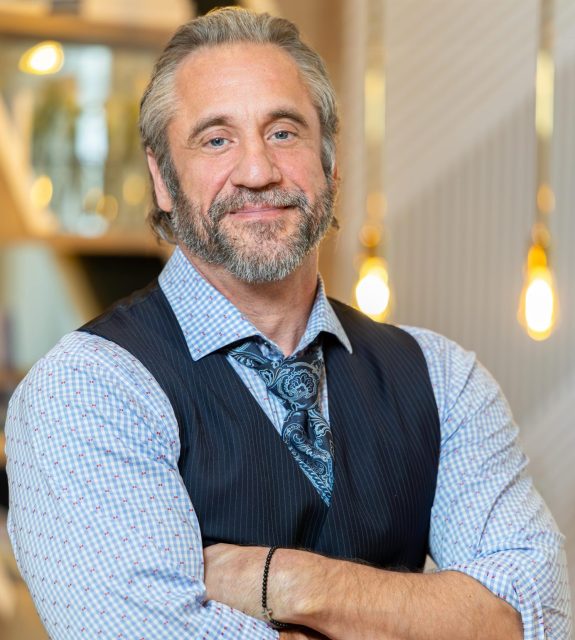
In the aftermath of the successful British tabloid phone hacking case against the Daily Mirror, Prince Harry’s legal team is now seeking a substantial $2.5 million in fees. The request follows a notable victory where Mirror Group Newspapers was found to have invaded the Duke of Sussex’s privacy through phone hacking, resulting in a damages award of $178,000.
This triumph represents a crucial milestone in Prince Harry’s broader legal campaign against intrusive practices by the British media. As the Duke of Sussex continues to challenge tabloid publishers, he has additional cases pending against The Sun and Daily Mail, demonstrating his commitment to addressing privacy concerns.
The recent hearing focused on legal fees related to a trial that involved multiple claimants, emphasizing the overwhelmingly successful nature of Prince Harry’s case. David Sherborne, the attorney representing Prince Harry, argued for the reimbursement of legal fees, asserting that Mirror Group Newspapers advanced a fundamentally dishonest case.
On the opposing side, attorney Roger Mallalieu for Mirror Group argued for a more limited payment, suggesting that fees should only cover the unsuccessful portions of the claims. He contended that costs should be borne by claimants who lost their cases.
Justice Timothy Fancourt presided over the hearing and indicated that he would rule on the matter at a later date. The fees being sought primarily pertain to the broader claim brought against Mirror Group by all the claimants and not specifically for the legal costs associated with preparing and presenting Prince Harry’s individual cases.
This legal saga sheds light on the persistent challenges posed by phone hacking scandals within the British media landscape. Mirror Group Newspapers has previously paid over $128 million in other phone hacking lawsuits, but in Prince Harry’s case, the company maintains its innocence, asserting the use of legitimate reporting methods to obtain information about the prince. The outcome of this case and the ongoing legal battles will likely have far-reaching implications for privacy issues in the realm of celebrity and media interactions.


















